Top Class Actions’s website and social media posts use affiliate links. If you make a purchase using such links, we may receive a commission, but it will not result in any additional charges to you. Please review our Affiliate Link Disclosure for more information.
A consumer is suing Pro Teeth Whitening Co. because the way it markets its “activated charcoal” products is leaving a bad taste in her mouth.
The Pro Teeth class action lawsuit targets the company’s marketing tactics for its activated charcoal dentifrices — whitening powder, whitening strips, mouthwash, toothpaste and gel. Plaintiff Chelsea Roussel maintains these products are not only ineffective, but actually detrimental to dental health.
Roussel ordered a $14.99 package of the company’s toothpaste online in March 2018 based on ads she had seen touting its efficacy in whitening teeth through natural means. However, she says the product had no effect on the color of her teeth. In fall 2019, she heard about a potential class action against other purveyors of charcoal toothpastes and investigated the facts behind it.
Now she is suing Pro Teeth for false advertising and gross negligence, alleging the company is taking advantage of two popular trends to line its pockets: the teeth-whitening craze and the widely claimed detoxifying properties and health benefits of activated charcoal. The Pro Teeth class action cites several scientific sources to refute such claims.
For example, despite the fact that activated charcoal is commonly administered in emergency rooms to counteract poisonings and drug overdoses, the substance “has no ability to suck out the toxic chemicals from the rest of your body,” according to Scott Gavura’s Science Based Medicine article titled “Activated Charcoal, The Wellness Scam.”
Many additional sources show charcoal was rejected nearly a century ago as a dentifrice because it was found to become embedded in the gum tissue. It was again rejected much more recently, in 2015, when the Academy of General Dentistry concluded the substance was abrasive and could embed itself in cracks and other tooth defects.
Then, in 2017, an article in the Journal of the American Dental Association reported: “Charcoal has been recognized as an abrasive mineral to the teeth and gingiva, and its inclusion in tooth preparations raises concern about damage to these oral structures, as well as increasing [tooth decay] susceptibility due to the potential loss of enamel.”
Most notably, Roussel states in the Pro Teeth class action, the American Dental Association has not approved any charcoal dentifrice to date for its ADA Seal of Acceptance.
This seal certifies the safety and efficacy of a product based on clinical data and research.
Despite all scientific evidence to the contrary, she maintains, “Pro Teeth misleadingly and negligently promotes its Charcoal Dentifrices as natural teeth whiteners and detoxifiers that are safe for gums, teeth and enamel (going so far as to describe them as ‘completely safe’ and ‘certified safe for enamel’), as well as generally effective for dental hygiene and cosmetic benefits, healthy and beneficial for daily, long-term oral care use.”
Such claims are printed on the product packaging and labels and are expounded upon on the company’s website, the lawsuit notes; but “Pro Teeth did not (and does not) possess the requisite evidence to substantiate its claims concerning the benefits and safety of its Charcoal Dentifrices, as such evidence did not exist at the times it made its claims. Nor does it currently exist.”
And yet, through its alleged misrepresentations, the company has induced Roussel and the putative Class Members to pay premium prices for products that fail to whiten their teeth, are not safe and do not even meet basic oral hygiene needs, according to the Pro Teeth class action — and some users have reported yellowing of the teeth, discoloration and irritation of the gums, abrasion of tooth enamel and damage to dental implants.
“Pro Teeth knew or should have known that many of its claims regarding the Charcoal Dentifrices lacked a credible basis or substantiation, and that they were misleading, deceptive, and/or false,” the Pro Teeth class action lawsuit argues. “Pro Teeth also omitted material facts, including that scientific literature counter-indicates the safety and efficacy of charcoal in oral care use.”
Roussel is asking for certification of a national Class and a Rhode Island subclass covering purchases of all Pro Teeth activated charcoal dentifrices. However, her filing makes an alternative proposal to create separate classes for consumers of each of the five different products.
On behalf of all potential Class Members, Roussel is claiming breach of express warranty and implied warranty of merchantability; negligent and grossly negligent misrepresentations and material omissions; and unjust enrichment. Additionally, on behalf of the Rhode Island Class, she is claiming violations of the state’s Unfair Trade Practice and Consumer Protection Act.
Roussel is seeking court orders for Pro Teeth to retract and discontinue its alleged misrepresentations; to return all revenues obtained as a result of said misrepresentations; and to issue “appropriate corrective advertisements.” In addition, for herself and the proposed Class Members, she is looking for restitution; actual, statutory and punitive damages; and court costs.
Have you purchased Pro Teeth activated charcoal toothpaste? Leave a comment and tell us about it.
The plaintiff is represented by William B. Federman of Federman & Sherwood and Christopher E. Hultquist of Hultquist Law PC.
The Pro Teeth Class Action Lawsuit is Chelsea Roussel, et al. v. Pro Teeth Whitening Co. Ltd., Case No. 1:20-cv-00277, in the U.S. District Court for the District of Rhode Island.
Read More Lawsuit & Settlement News:
Tom’s of Maine Class Action Says Toothpaste Contains Unnatural Ingredients
Strange Honey Class Action Says It Contains Filler Ingredients
ATTORNEY ADVERTISING
Top Class Actions is a Proud Member of the American Bar Association
LEGAL INFORMATION IS NOT LEGAL ADVICE
Top Class Actions Legal Statement
©2008 – 2024 Top Class Actions® LLC
Various Trademarks held by their respective owners
This website is not intended for viewing or usage by European Union citizens.

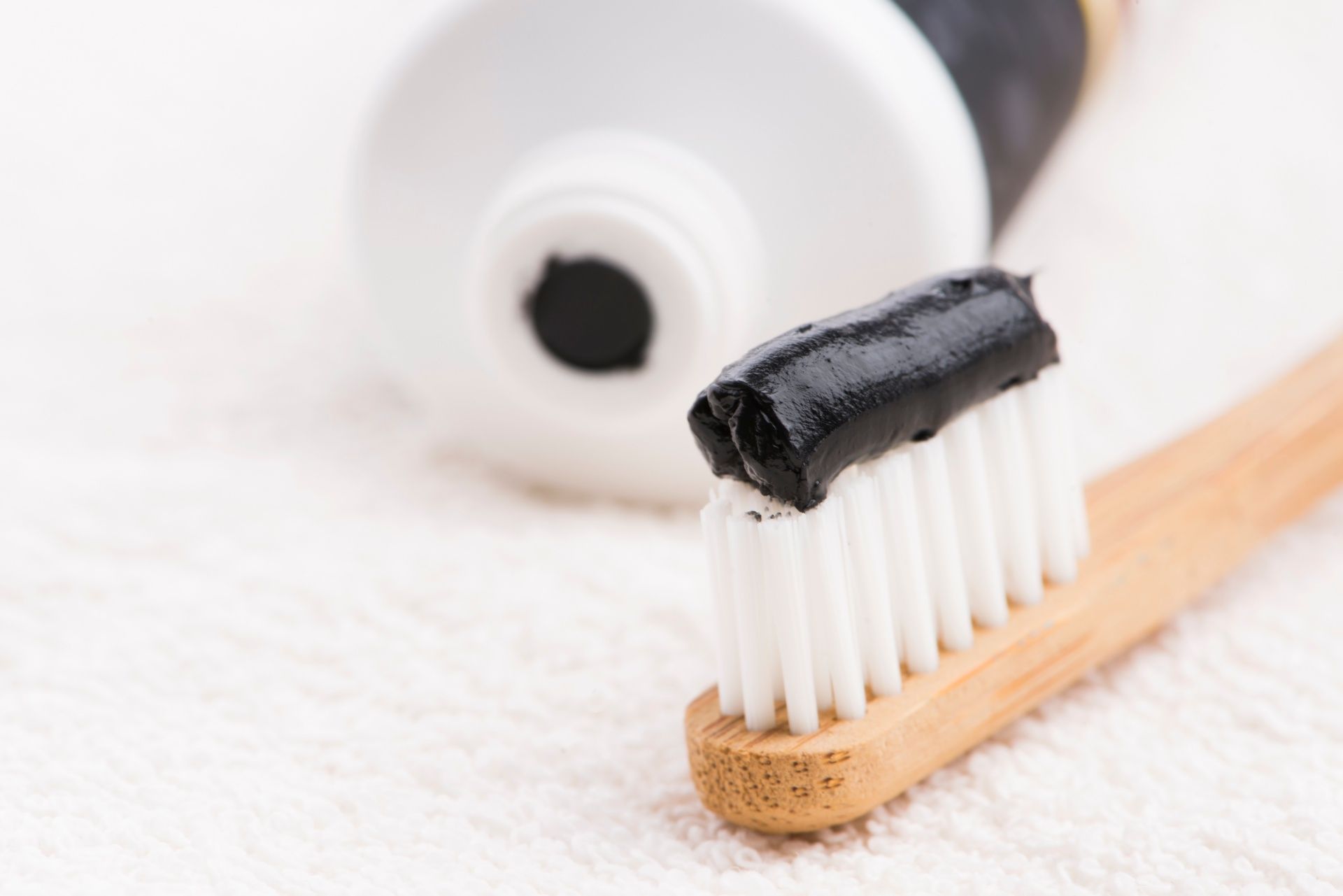
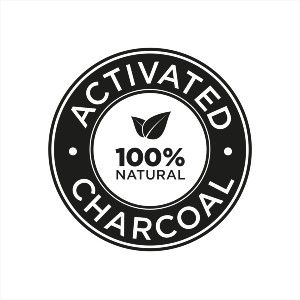



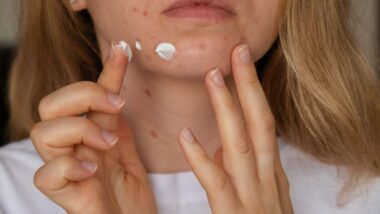
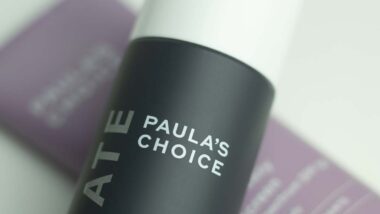
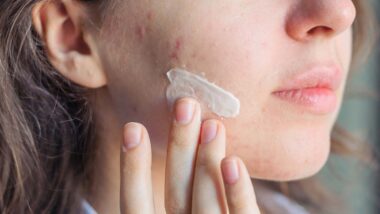
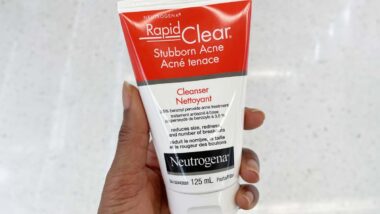
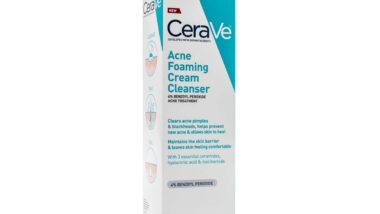
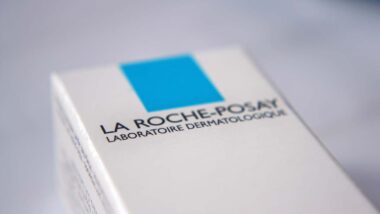

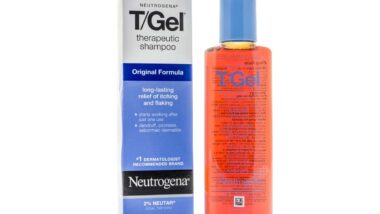
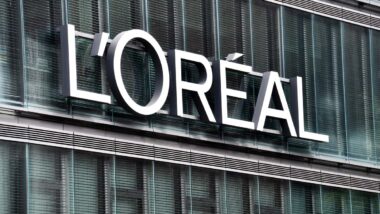


277 thoughts onPro Teeth Class Action Says Charcoal Toothpaste Isn’t Safe
Used product resulting in severe gum, loss of enamel, decay and tooth loss from frequent use of product. Currently unable to eat without discomfort, bleeding gums and tooth loss.
I used the whitening strips and a month later my teeth started to fall out….rot. I couldn’t believe it now my smile is gone. Add me!
Please add me! Should never had been on the market for consumers!!
Yes and it’s too rough on my teeth please add me
I’m seeing the dentist every other week right now.Because of the crest tooth paste that I’m using right now.I had to fist get a tooth removed it had so much tissue the dead bone until I have to wait for it to heal before they make my patial dentures.My dentist also said I will be losing more teeth in a few years,it can’t be help.Im 62 year’s young.Ive usef crest all my life and this is what I have to look forward too.ADD ME PLEASE!!!!!!!
We have purchased several, stopped using it and threw it in the trash.